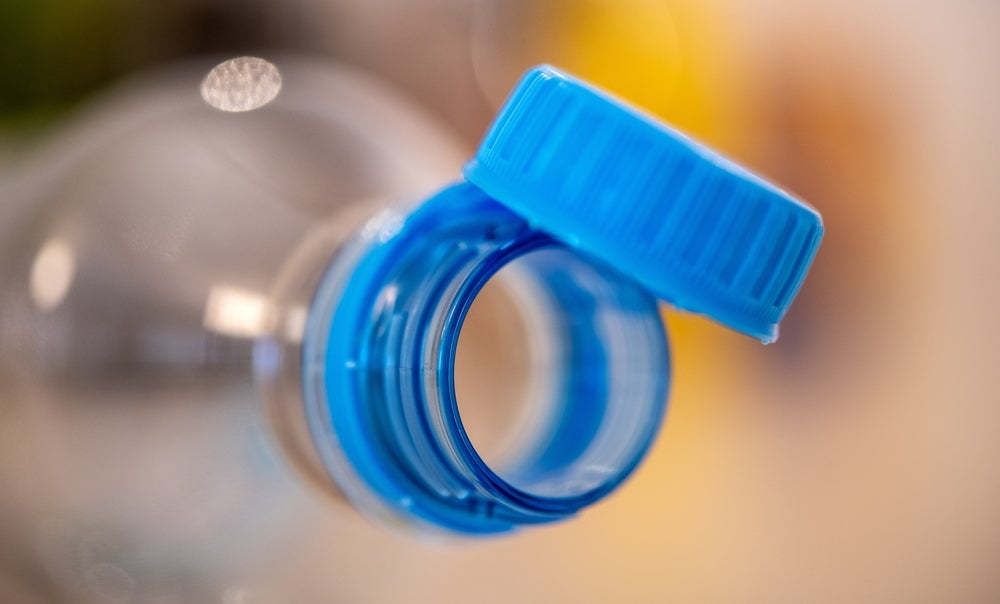The European Parliament has adopted a groundbreaking position to tackle Europe’s mounting packaging waste problem. On Wednesday, MEPs overwhelmingly voted in favour of stricter regulations aimed at reducing waste, boosting reuse, and ensuring recyclable packaging across the EU.
Central to the proposals is a phased reduction in packaging waste, with ambitious targets to cut overall packaging by 15% by 2040.
Specific measures include a ban on lightweight plastic carrier bags under 15 microns—except when essential for hygiene or loose food items—and restrictions on single-use packaging such as hotel toiletries and airport shrink-wrap.
The legislation also introduces a ban on per- and polyfluorinated alkyl substances (PFASs), commonly called “forever chemicals,” in food packaging.
Rapporteur Frédérique Ries highlighted the urgency of this measure, stating, “Recent events in Europe, particularly in Belgium, concerning water pollution by PFAS chemicals show the urgent need for action. By voting to ban ‘forever’ pollutants in food packaging, the European Parliament has shown that it seeks to protect the health of European citizens.”
A cornerstone of the proposed rules is the emphasis on reusable and refillable packaging solutions.
The regulation mandates that businesses in the food service sector, such as restaurants and cafés, must offer consumers the option to bring their own containers for beverages and takeaways.
The move seeks to curb the reliance on disposable packaging, aligning with broader EU goals to transition to a circular economy. Frédérique Ries, reflecting on the broader implications, remarked, “The end of throwaway packaging is still a long way off, but setting these targets is a step in the right direction.”
Achieving high recycling rates remains a key ambition of the new rules.
The Parliament has set a target for EU countries to ensure that 90% of materials used in packaging—ranging from plastics and metals to cardboard and glass—are collected separately by 2029.
All packaging must also meet stringent recyclability criteria, which will be defined in forthcoming secondary legislation. Temporary exemptions, such as those for wood and wax packaging, have been included to allow for industry adaptation.
With this vote, the European Parliament has signalled its commitment to tackling waste and pollution. As Ries noted, “Regarding plastics, the contract has been fulfilled, since my legislative report tackles the heart of the issue by setting tougher waste reduction targets for plastic packaging.”
Story Continues
Negotiations with EU member states will now begin to finalise the law.
This initiative represents a critical step towards curbing Europe’s rising waste problem, as the average citizen already produces nearly 190 kg of packaging waste annually—a figure projected to grow to 209 kg by 2030 without intervention.
By implementing these reforms, the EU aims to build a more sustainable future, reinforcing the importance of reducing, reusing, and recycling.
“EU adopts stricter packaging standards” was originally created and published by Packaging Gateway, a GlobalData owned brand.
The information on this site has been included in good faith for general informational purposes only. It is not intended to amount to advice on which you should rely, and we give no representation, warranty or guarantee, whether express or implied as to its accuracy or completeness. You must obtain professional or specialist advice before taking, or refraining from, any action on the basis of the content on our site.
Source link : http://www.bing.com/news/apiclick.aspx?ref=FexRss&aid=&tid=6756b9d0e417476fa5793a85f794d2f4&url=https%3A%2F%2Ffinance.yahoo.com%2Fnews%2Feu-adopts-stricter-packaging-standards-071750750.html&c=10937732154721060135&mkt=de-de
Author :
Publish date : 2024-12-08 23:16:00
Copyright for syndicated content belongs to the linked Source.
